At the beginning of the discussion, Balazs Orban greeted his hosts and the audience and congratulated the American conservatives on Donald Trump's re-election as president.
I believe you saved your country with this and did something great for Europe, the world, and of course, Hungary as well
he said. He then pointed out that international cooperation is an important pillar in strengthening the conservative movement, which is well exemplified by CPAC. He noted that Hungary has hosted CPAC Hungary four times, inviting everyone to attend the event in Hungary.
We invite everyone. Come, visit us, and experience firsthand that Hungary is a safe and welcoming place,
he said. The discussion touched on how the Western media portrays Hungary and Viktor Orban. The interlocutor jokingly referenced an article from The Washington Post that described the Hungarian prime minister as "a dictator who rigged elections". Balazs Orban responded by saying that this is nothing new, as the liberal media always tries to discredit conservative leaders in a similar manner.
They did the same with Donald Trump and every politician who opposes liberal power structures,
he stated, emphasizing that truth and time are the greatest weapons of conservative politicians.
If you represent the truth as a politician, as done by my prime minister, time is on your side,
he said. Using migration as an example, he reminded the audience that Hungary addressed the issue years ahead of other European countries.
We were the first to hold a referendum on illegal migration. Even when many claimed it wasn’t a legitimate issue, we asked the people. The result was clear: the overwhelming majority of Hungarians rejected illegal migration, and we acted accordingly,
Balazs Orban stated, adding that world is beginning to realize that Hungary's stance was not only correct but necessary for maintaining security.
The war in Ukraine was another topic during the discussion. Balazs Orban emphasized that both Prime Minister Viktor Orban and President Donald Trump have made it clear that the war has to end.
It's crazy. Hundreds of thousands are dying, and everyone acts as if this is acceptable,
he said, stressing that efforts should be focused on achieving peace rather than continuing the war. He mentioned that Donald Trump reached out to Joe Biden at the very beginning of the Ukrainian conflict in an effort to find a way to end the war, but the US government was uninterested. He asserted that dialogue is essential for achieving peace, as no real solution can be found without it. Balazs Orban took the view that those who talk about peace but refuse to negotiate with the other side do not truly want peace.
The political director of the Hungarian prime minister highlighted that as soon as negotiations started, there were immediate economic impacts: energy prices dropped, and stock markets reacted positively. He noted that this demonstrates the importance of political communication and a willingness to negotiate.
One key topic of the discussion was the political relationship between Donald Trump and Viktor Orban. The moderator noted that although the Western media often lumps the two leaders together, their personalities and political paths differ significantly. However, Balazs Orban pointed out something they definitely have in common: both love their nations and act accordingly.
If you as a politician serve your nation and protect the people’s interests, you are a good leader. If you don’t, you are a bad politician,
he said. He reminded the audience that Viktor Orban is the longest-serving European leader, who also spent many years in opposition. He believes that Trump can learn from how the Hungarian prime minister built his political comeback.
Balazs Orban also emphasized that conservative forces must work together to achieve results. He cited Viktor Orban’s realization, after political setbacks, that the liberal side uses not only political influence but also media and civil sector organizations to maintain power. In response, Viktor Orban built institutions and networks that help represent conservative values.
He made it clear that protecting national interests requires coordinated efforts on an international level because the liberal side has global resources and well-organized structures. Conservatives must unite to preserve the autonomy and values of their nations, he stressed.
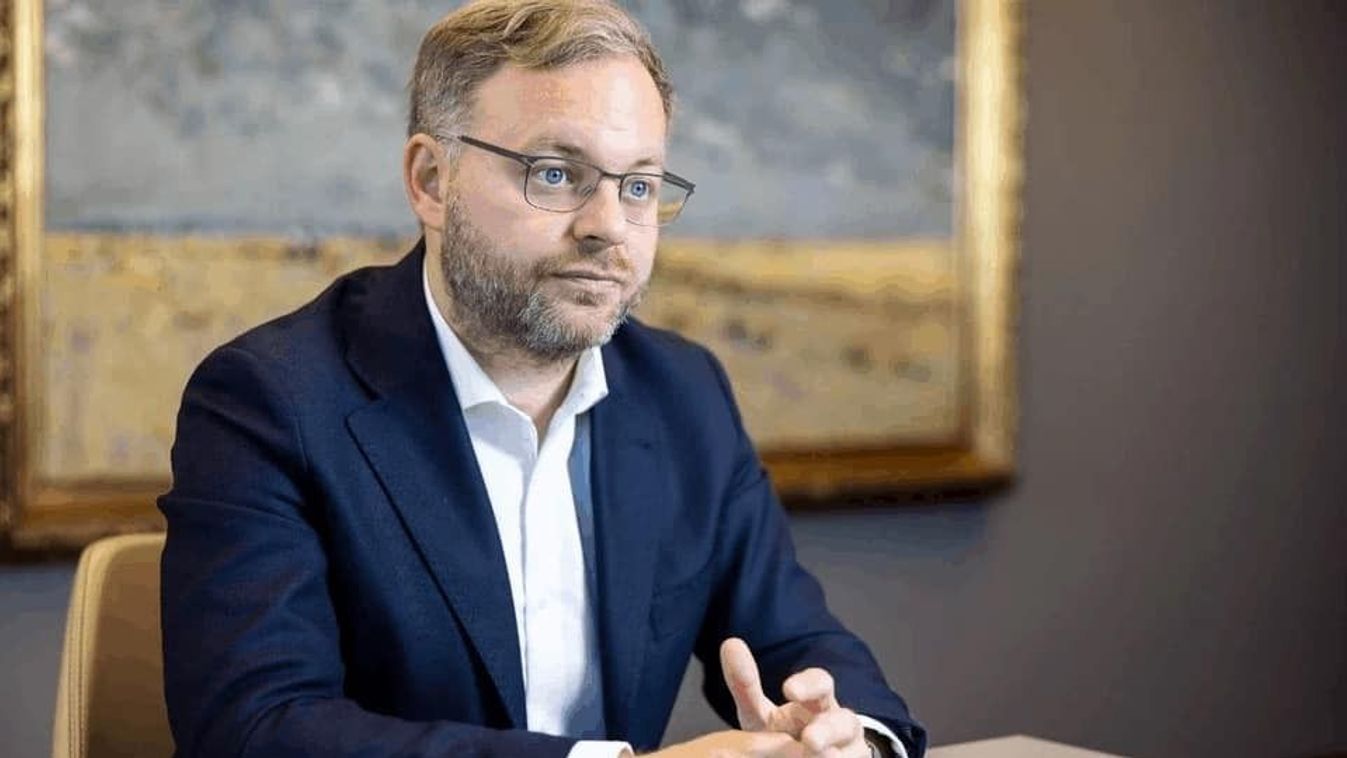
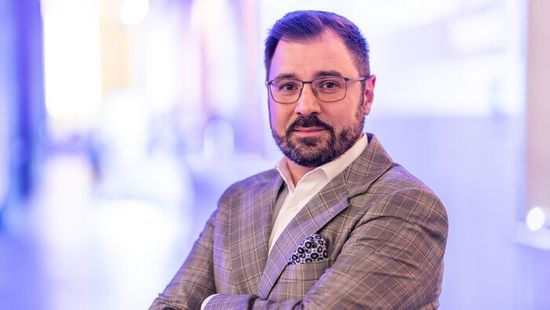
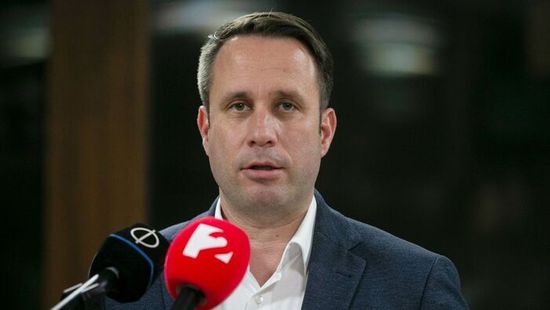
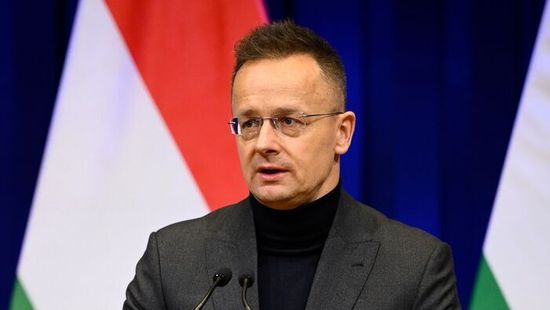


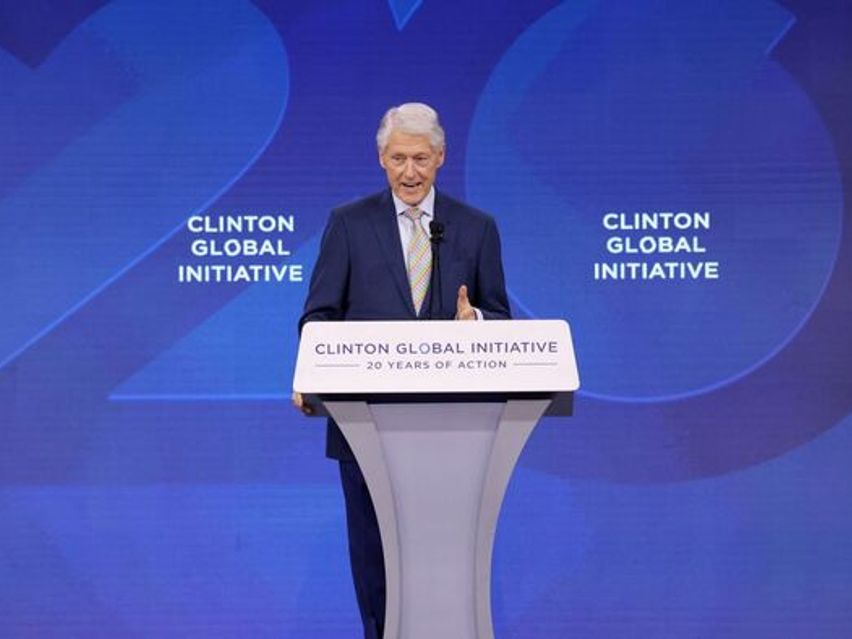


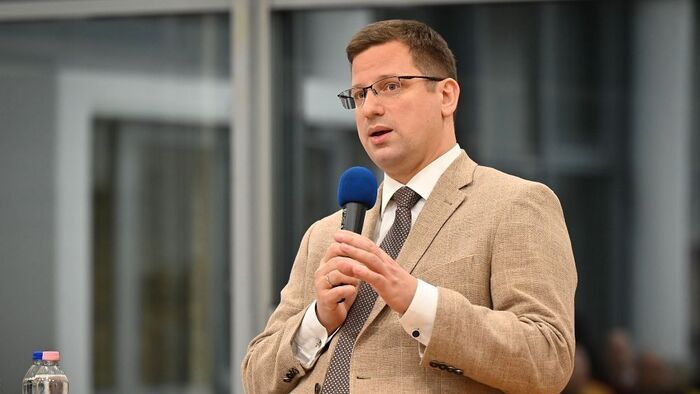

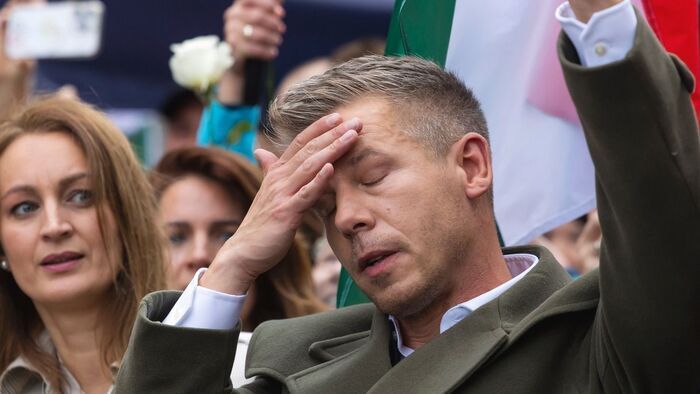


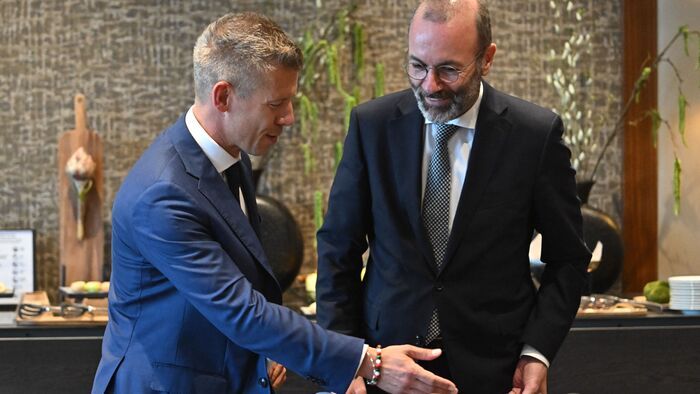
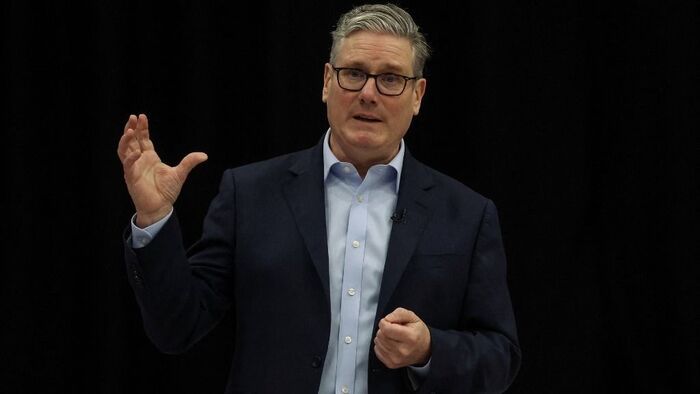







Szóljon hozzá!
Jelenleg csak a hozzászólások egy kis részét látja. Hozzászóláshoz és a további kommentek megtekintéséhez lépjen be, vagy regisztráljon!